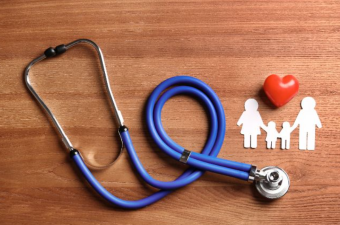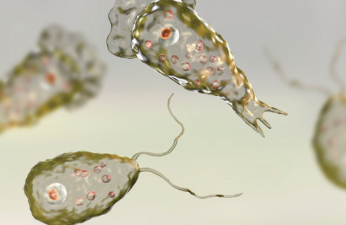Infectious diseases primarily include influenza, viral hepatitis, tuberculosis, bacillary dysentery, and chickenpox. Infectious diseases can be categorized into five main types: respiratory, digestive, blood-borne and sexually transmitted, contact-borne, and vector-borne. Each type requires specific preventative measures. For example, influenza can be prevented by wearing masks and ensuring ventilation for 30 minutes; cholera requires drinking boiled water and high-temperature disinfection of tableware. HIV prevention emphasizes the use of condoms and disposable syringes; hand-foot-and-mouth disease requires disinfecting toys with alcohol. Dengue fever requires mosquito screens and DEET spray.
Frequent handwashing and boosting immunity are key; building a strong defense for health starts with the details!
Infectious diseases are caused by pathogens and can be transmitted between humans, animals, or both. They are primarily transmitted through airborne, contact, foodborne, blood-borne, and mother-to-child transmission.
- Influenza
Influenza is an acute respiratory infectious disease caused by the influenza virus and primarily spreads through droplets. Patients may experience symptoms such as fever, headache, cough, sore throat, and muscle aches. Influenza is seasonal, with peak incidence in winter and spring. To prevent influenza, get a flu vaccine, maintain good personal hygiene, and maintain indoor ventilation.
- Viral Hepatitis
Viral hepatitis is an inflammation of the liver caused by hepatitis viruses, including hepatitis A, B, C, D, and E. It is primarily transmitted through the fecal-oral route, blood-borne, and mother-to-child transmission. Patients may experience symptoms such as fatigue, loss of appetite, nausea, and jaundice. To prevent viral hepatitis, you need to pay attention to food hygiene, avoid unclean injections, and get the hepatitis B vaccine.
- Pulmonary Tuberculosis
Pulmonary tuberculosis is a chronic infectious disease caused by Mycobacterium tuberculosis and primarily spreads through droplets. Patients may experience symptoms such as cough, sputum, low-grade fever, night sweats, and weight loss. Treatment requires long-term, standardized medication. Commonly used medications include isoniazid tablets, rifampicin capsules, and pyrazinamide tablets. To prevent pulmonary tuberculosis, maintain good ventilation and avoid close contact with patients.
- Bacillary Dysentery
Bacillary dysentery is an intestinal infectious disease caused by Shigella bacteria and primarily transmitted through the fecal-oral route. Patients may experience symptoms such as fever, abdominal pain, diarrhea, and tenesmus. Treatment for bacillary dysentery can include norfloxacin capsules, ciprofloxacin tablets, and trimethoprim-sulfamethoxazole tablets, as prescribed by your doctor. To prevent bacillary dysentery, pay attention to food hygiene and wash your hands before and after meals.
- Chickenpox
Chronic pox is an acute infectious disease caused by the varicella-zoster virus, primarily spread through droplet infection and contact. Patients may experience symptoms such as fever, rash, and itching. Chickenpox is generally self-limiting, and treatment is primarily symptomatic. Medications such as acyclovir, calamine lotion, and loratadine can be used as directed by a doctor. Chickenpox vaccination can be used to prevent it.
To prevent infectious diseases, maintain personal hygiene, wash hands frequently, maintain good indoor ventilation, and avoid close contact with patients. For vaccine-preventable diseases, vaccinations should be administered promptly. If suspected symptoms occur, seek medical attention promptly and follow the doctor's instructions for treatment. At the same time, it is important to increase exercise, eat a balanced diet, and enhance immunity to reduce the risk of infection.








